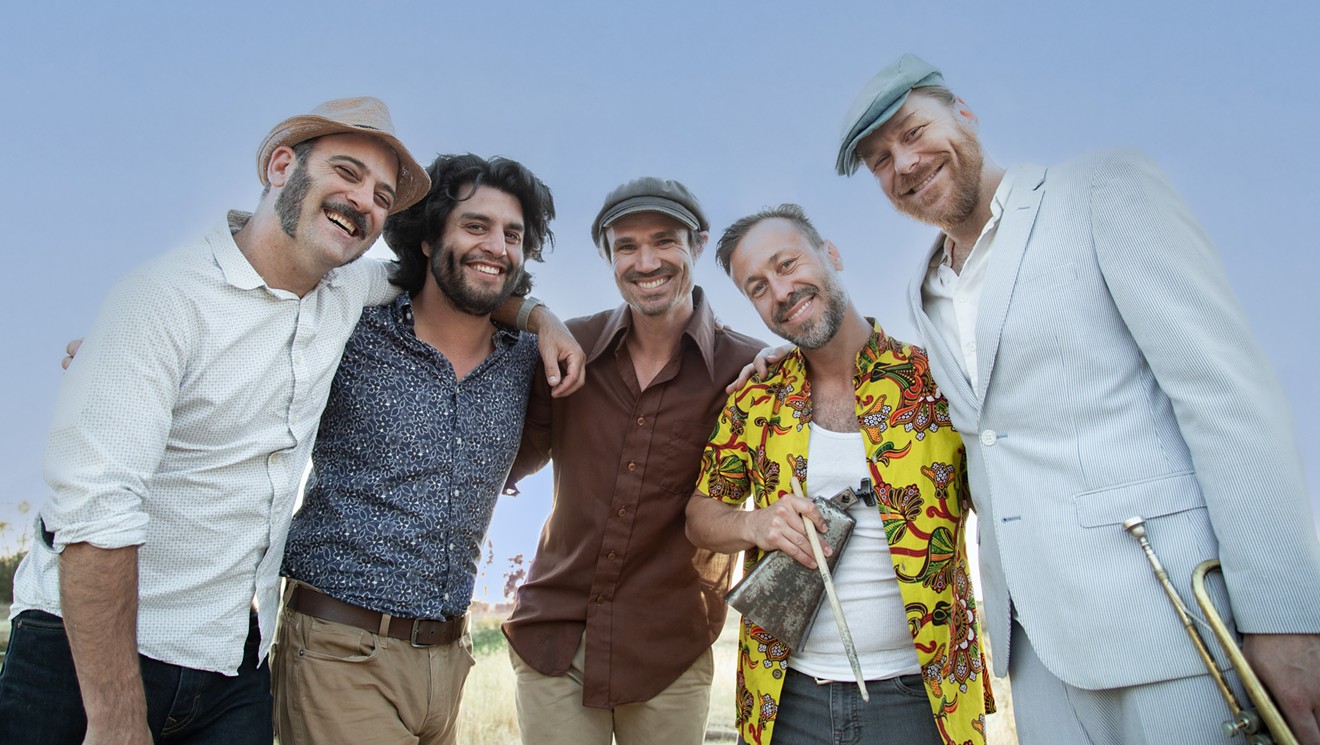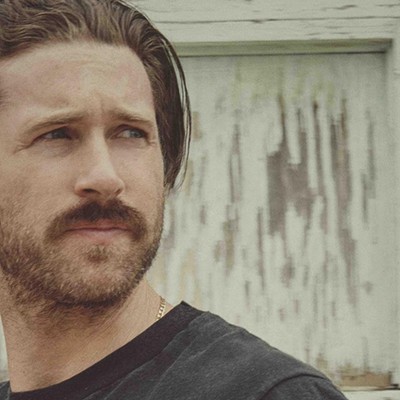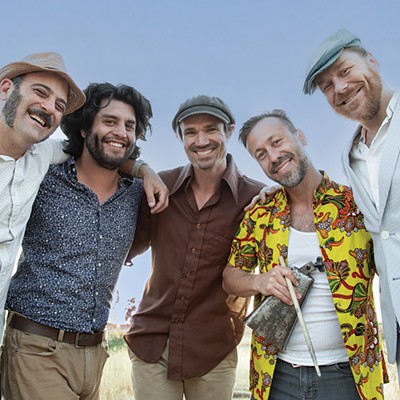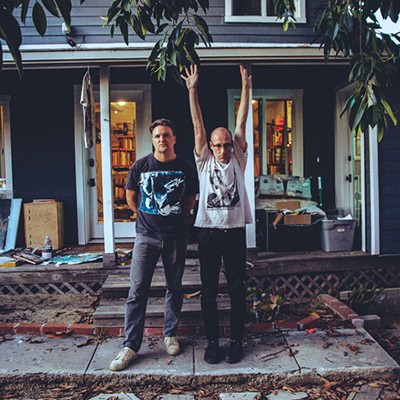A long way from alice's restaurant.Legendary folk hero and activist Arlo Guthrie is coming to town to play a benefit for KPOV (106.7 FM), and we wanted just a bit of his time, say ten minutes or so to catch up with him - and he gave us almost half an hour, and probably would have stayed on the line for half the day if we asked kindly. Here's a look at what he had to say about his music, the music of others, and everything else in between.
Looks like you're on the road for a while now?
Jeez, it's going into next year and beyond, so it's getting a little nuts. Where are you calling me from again?
Bend, Oregon.
Oh, Bend. We're looking forward to getting up there.
Have you played here before?
We've been through there, I'm pretty sure, but I don't know if we've actually played there. But maybe we have; my memory isn't all that good.
This tour is solo, but you've played recently with big symphonies, like you did on Times Like These. That's a pretty big difference.
It is. The nice thing about that record is that it was live; there was no studio magic. I'm still floored by how well that went. It's fun for me to do all sorts of things... so it was great to do the record with the orchestra, but it's also a hell of a lot of fun just being me on stage alone.
Almost every one of your songs has a story or a message to it. How are these messages received these days?
Sometimes it seems like a lot of time has gone by, therefore things are different. People are still people, and they still fall in love, and they still wander around in the moonlight, and they still want to have a drink and goof off. That's still the same. And there's always bad guys sneaking over the hill or something, (but) the human condition hasn't changed.
So does the story of the human condition ever really change?
Well, the last time I went to Europe, I didn't see the news for three or four weeks and I came back it was the same news. It's just the same people talking about the same things they were talking about when I left. It's like constant data input, and you think you can't live without it - like you'll miss something. The truth is that if you get away and come back, you won't have missed anything. You might even come back a little refreshed. I'm 60 now, and I've learned you can take a break. You don't need to get lost in the day-to-day. You can have a bigger vision of what's going on, which I've learned by getting letters from people that are 14 and 15 years old saying "I just discovered you, dude."
Folk music never seems to die. Is it the one ever-lasting American music style?
There's music for everybody, when somebody dies, there's songs they sing. When somebody gets married, there's music they play. Those kinds of songs that enter into those daily events, that to me is what traditional music is all about - it doesn't matter if it's a Beatles tune or a Frank Sinatra tune - those songs that become a part of the fabric of everyday life, that's what folk music is all about.
Your show here is benefiting KPOV, our independent community radio station. What is your take on this type of media outlet?
It's probably one of the last places in the U.S. where there's very little ulterior motive. It's being encroached upon by industries that subsidize programming, but you won't find their influence as much as you would in for-profit radio. They're not pushing a certain type of news or music. If you want to get an unbiased view of something, you don't turn to the station that says they're unbiased; you go to the station that has traditionally held off influence of other people and other groups. You can have a more free discussion that you could probably have elsewhere.



















